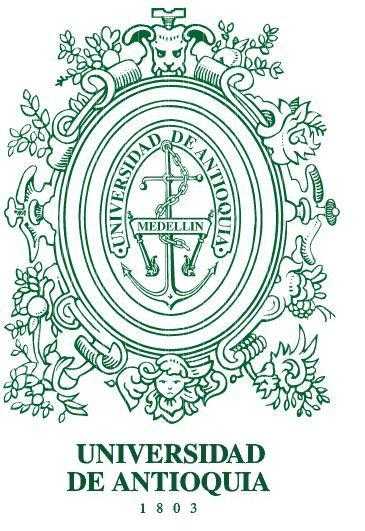MEDELLIN – The Biotechnology Laboratory at the University of Antioquia is currently conducting a project intended to boost cocoa production using biotechnology. The project seeks to provide cocoa farmers with biotechnology-based methods to improve their production.
“The goal of this initiative is to improve the well-being of smallholder farmers through development and transfer of technologies for sustainable crops that increase productivity, generate income, and protect the environment,” said Mauricio Arbeláez, spokesman for the farmers.
Colombian cocoa is sourced from Cacao Fino de Aroma – an International Cocoa Organization (ICCO) classification comprising 5% of the world production of cocoa.
Due to its high quality, international cocoa traders and chocolate manufacturers are increasingly interested in buying Colombian cocoa. However, domestic production is often insufficient to meet even local demand.
In 2010, the total production of cocoa in Colombia was reported to be 42,000 tons. Even so, it was insufficient to meet the domestic industry’s raw material needs, which amounts to about 55,000 tons.
To address this problem, the Biotechnology Laboratory at the University of Antioquia devised a method for regenerating cocoa plants via somatic embryogenesis.
The project was introduced on November 17, 2013, in the municipality of Mutata, northwestern Colombia.
“This initiative is intended to meet the needs of cocoa farmers as well as educate farmers on improving cocoa production through the use of technology,” said researcher Adriana Gallego.
With funding from the Ministry of Agriculture and Rural Development, the UA Biotechnology Laboratory has developed a project that involves the mass production of somatic embryos of cocoa.
This program will help cocoa farmers and workers improve the quality and quantity of their crops and increase their incomes.
“By using a stereomicroscope, farmers were taught the different stages of embryonic development. They were very enthusiastic about the efforts of the University of Antioquia to support sustainable cocoa production through the use of technology,” Gallego said.
50 people including farmers, farm workers, engineers, agronomists, and those involved in the cocoa supply chain, attended the launch event.
According to Mauricio Arbeláez, this is a huge encouragement and a step in the right direction for the cocoa-production sector that has been lagging behind for years.
The University of Antioquia has become the first higher education institution in the country that commits to actively promote scientific and technological development in rural communities.
“Most important, technology transfer from universities to agricultural sector has helped smallholder farmers overcome their many production problems,” Arbeláez said.
Production of cocoa beans has become a major bottleneck in cocoa supply chain. Therefore, strengthening the supply chain will help improve product quality and meet the growing demand for high quality cocoa.
Researchers involved in this project have expressed their desire to continue working closely with farmers through technology transfer initiatives.
On the other hand, the Ministry of Agriculture’s ambitious Agricultural Development Program includes allocation of 150,000 hectares of land for growing cocoa up until 2021.
In this regard, researcher Ana M. Henao said that technology and innovation are important tools to boost the agricultural sector and successfully achieve such ambitious goals.
Source: University of Antioquia
















